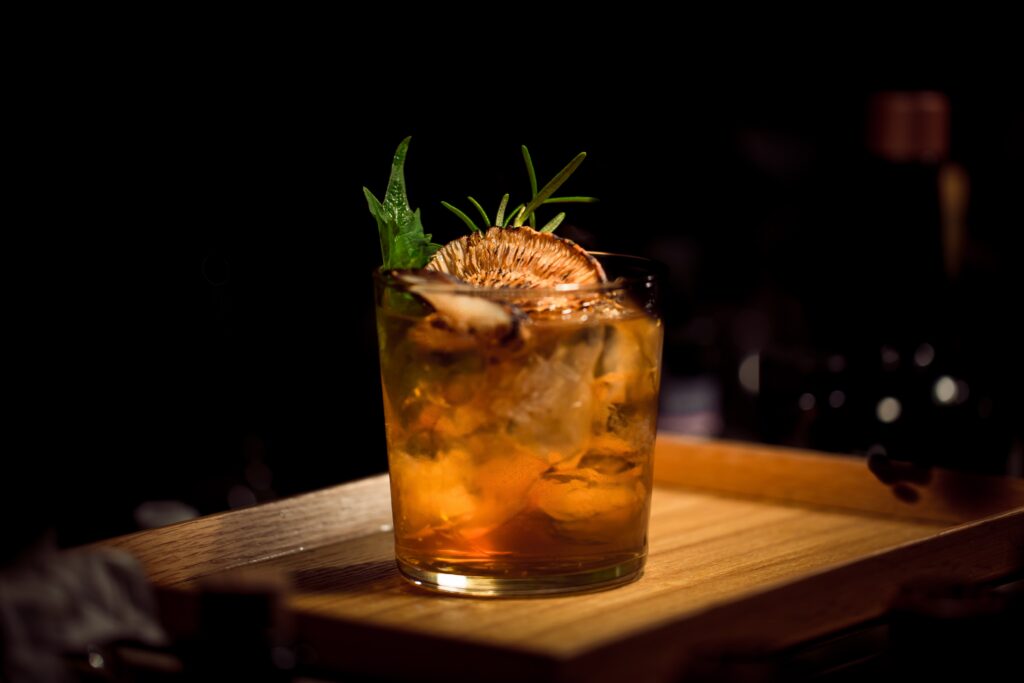Florida Craft Distillery Licensing Challenges

Florida’s craft distillery scene has seen a remarkable surge since the enactment of the Craft Distillery Law in 2021. The numbers tell the story: from 84 licensed distilleries in September 2021, the count has now soared to 118 by September 2023. Many of these new licenses belong to manufacturers already operating as breweries or wineries, sharing manufacturing spaces to craft various beverages.
As these craft distilleries mature under the law, nuances in licensing and compliance are surfacing, particularly for those alternating between producing beer/wine and distilled spirits. Compliance with federal, state and local laws is particularly difficult, especially when adding craft distilling to an existing brewery or winery with retail shop.
Craft Distilleries are Required to Have a Gift Shop, according to ABT Enforcement
The Enforcement Bureau of the Florida Division of Alcoholic Beverages and Tobacco (ABT) is responsible with the inspection of new alcoholic beverage premises prior to the issuance of a permanent license. In recent cases, the Enforcement Bureau has made it a requirement that new craft distilleries must have a tasting room and gift shop prior as a condition of passing the inspection.
The Florida Craft Distillery law does make reference to the “craft distillery’s souvenir gift shop or tasting room”, but it is not entirely clear whether it is a requirement of the law or merely permissible under the law. Florida Statutes Section 565.03(f) provides (in relevant part):
A craft distillery may sell branded products directly to consumers by the drink for consumption on the premises or by the package in factory-sealed containers for consumption off the premises. Such sales are authorized only in the craft distillery’s souvenir gift shop or tasting room located on private property contiguous to the licensed premises. The souvenir gift shop or tasting room must be … included on the sketch or diagram defining the licensed premises submitted with the distillery’s license application.
According to the statute, retail sales by craft distilleries are permissive (“A craft distillery may sell branded products directly to consumers”). However, the souvenir gift shop or tasting room “must” be included on the sketch submitted with the licensing application. Does that mean that every craft distillery must have a souvenir gift shop or tasting room? The Enforcement Bureau has taken the position that it must.
The souvenir gift shop or tasting room must be separated from other retail sale areas (like a taproom, tasting room, or restaurant dining room), according to the Enforcement Bureau. In practice, this has meant that there must be a separate display/menu board and separate counter for the sale and delivery of distilled spirit products. In recent cases, the Enforcement Bureau has not required that the craft distillery souvenir gift shop or tasting room must be physically separate from other retail sale areas by a wall or other physical barrier that requires patrons to exit one retail sales area to the outside and then re-enter the souvenir gift shop or tasting room through a separate exterior door.
But Distilleries Can Never be Located Where Liquor is Sold, according to the TTB
Federal law prohibits the location of a distillery in a premises that also has retail alcohol sales. According to 26 U.S. Code Section 5178(a)(1)(B) (emphasis added):
No distilled spirits plant for the production of distilled spirits shall be located in any dwelling house, in any shed, yard, or inclosure connected with any dwelling house, or on board any vessel or boat, or on premises where beer or wine is made or produced, or liquors of any description are retailed, or on premises where any other business is carried on (except when authorized under subsection (b)).
So how does a Florida craft distillery have a souvenir gift shop or tasting room, which is arguable required by Florida law, while staying in compliance with Federal law? The answer is to have a strict physical separation between the distillery premises and the retain premises. According to the federal Alcohol and Tobacco Tax and Trade Bureau (TTB), the two premises must be separated by floor-to-ceiling physical barriers, each premises must be accessible from outside through its own door, and any door connecting the two areas must have a commercial lock.
The challenge intensifies when a manufacturing space is used to manufacturing beer or wine and distilled spirits. Federal law does not require the same level of separation for brewery or winery manufacturing premises. Many brewery and wineries have obtained federal licenses even though they have retail spaces open to the manufacturing premises. The problem occurs when those breweries or wineries want to also be licensed to manufacture distilled spirit products (through alternating premises arrangements). To comply with the stricter separation requirements that apply to distilleries and retail premises, it may be necessary to make major constructional changes to the premises. Modifying an existing brewery or winery space to comply with these distinct separation rules can be arduous.
Navigating the Regulatory Landscape
The current requirements demand strategic planning, especially when adding distilling licenses to existing breweries/wineries. While new constructions may easily accommodate these dual functions from inception, modifying existing spaces demands meticulous alterations and may pose significant challenges.
Understanding the evolving laws and working toward compliance will define the success of these craft distilleries, paving the way for a thriving industry that caters to the evolving tastes of consumers while meeting stringent legal obligations.
Do you have questions about test marketing campaigns? Contact us to schedule a consultation with a beverage attorney.
Because we’re attorneys: Disclaimer. Posted December 10, 2023.

